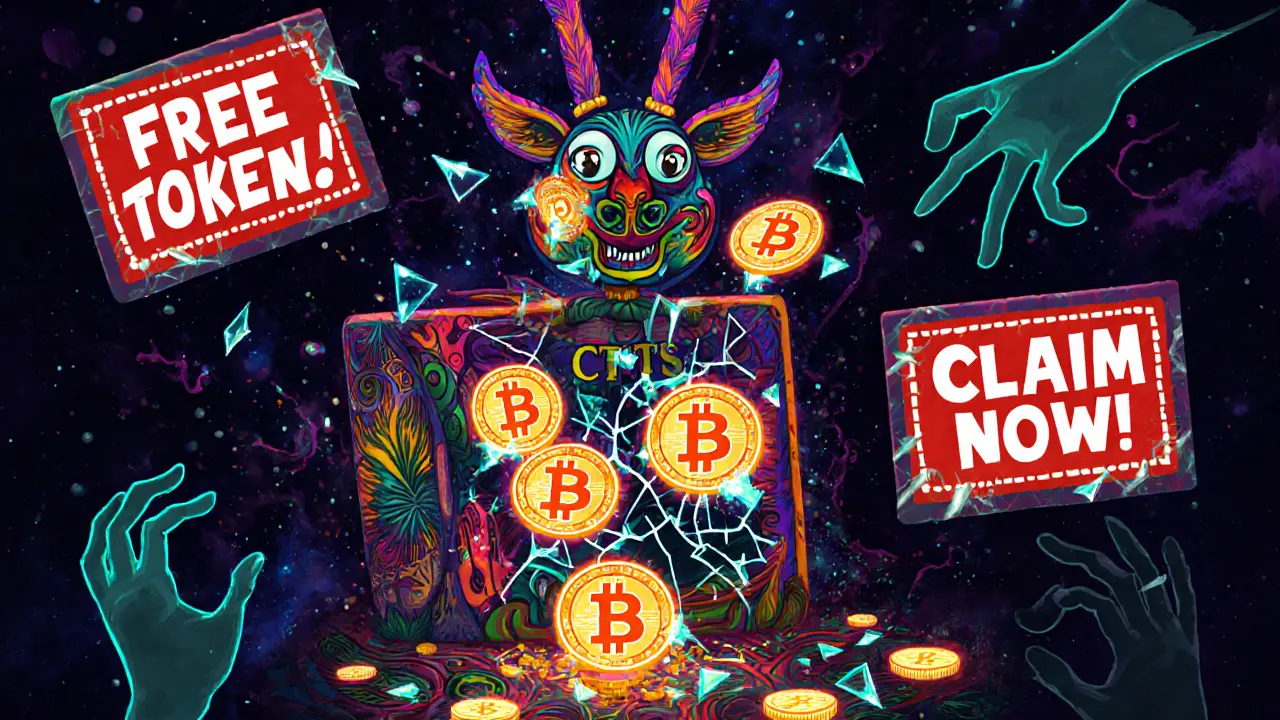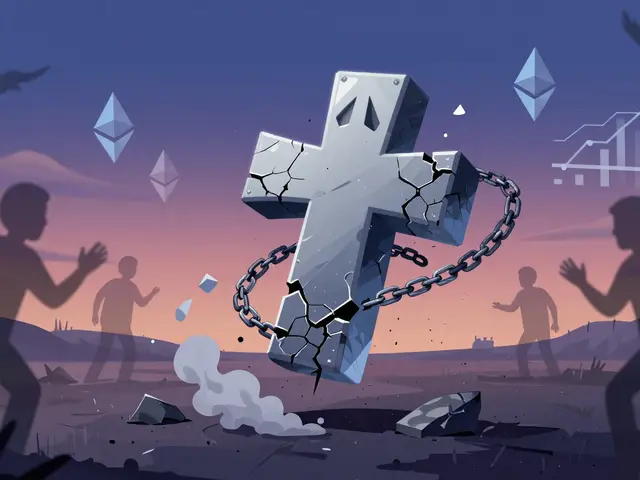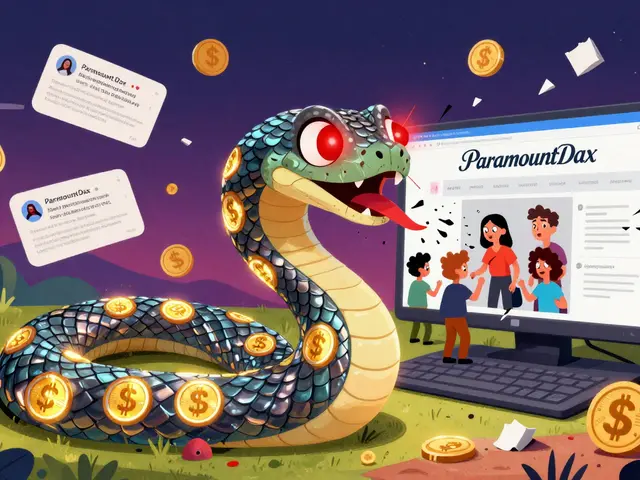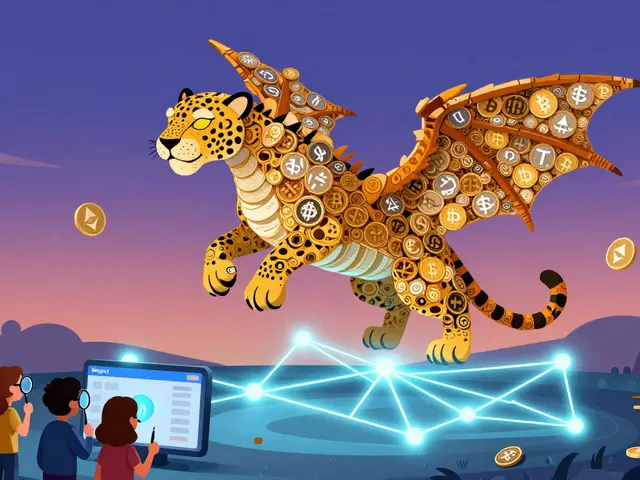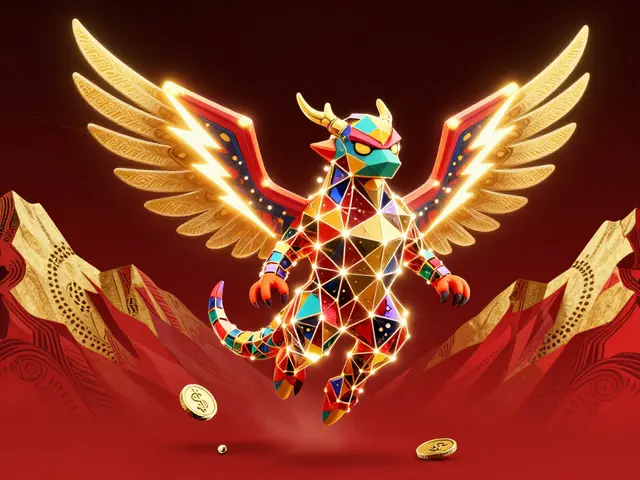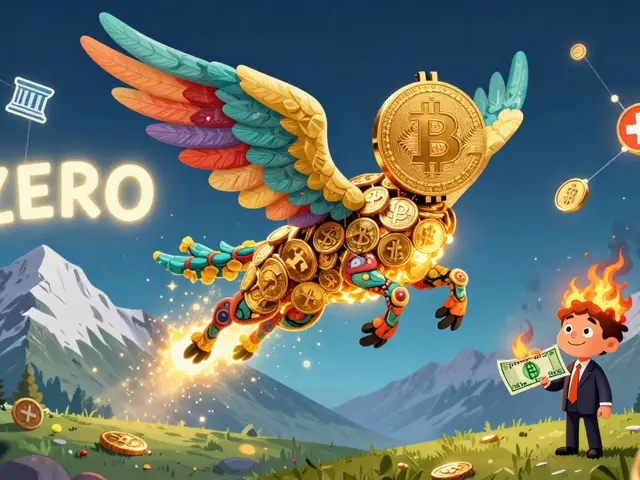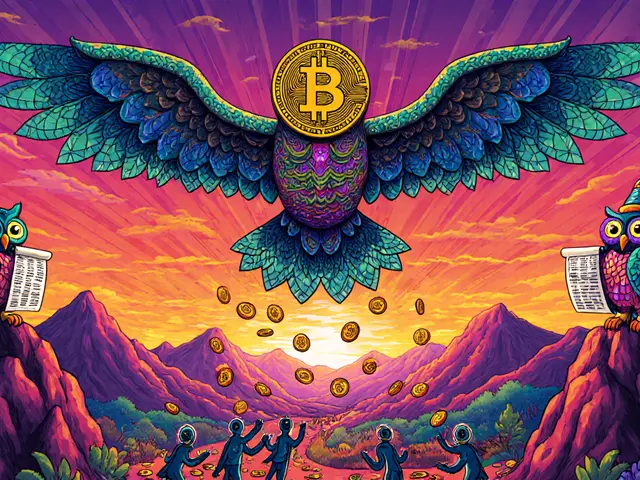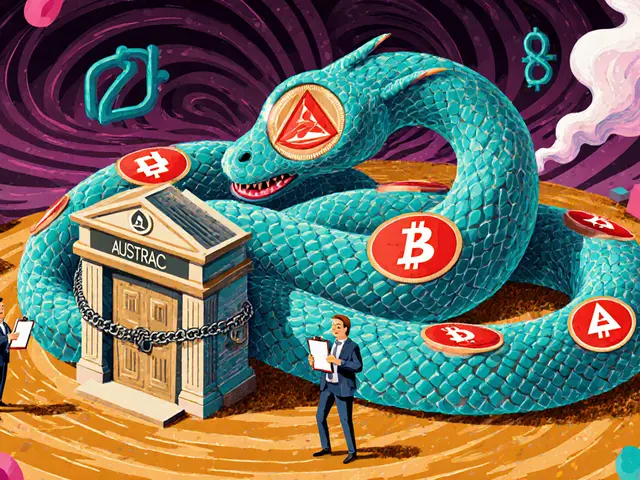CTT Airdrop 2025: What It Is, Who’s Running It, and How to Avoid Scams
When you hear about a CTT airdrop 2025, a free token distribution tied to a project called CTT, often promoted as a way to earn crypto without spending money. Also known as CTT token distribution, it’s one of dozens of crypto giveaways flooding social media every week. But here’s the problem: most of them vanish before you even get your wallet ready.
Real airdrops don’t ask for your private key. They don’t require you to send crypto first. They don’t promise instant riches. The CTT token, a digital asset tied to an obscure project with no public team, no whitepaper, and no verified exchange listings has no official website, no GitHub activity, and zero trading volume on CoinGecko or CoinMarketCap. That’s not a sign of a hidden gem—it’s a red flag. Legit token distributions like ATA airdrop, the one from Automata Network, which rewards users for using privacy tools on Web3 or YAE airdrop, a project that never launched despite hype are transparent. They list eligibility rules, vesting schedules, and official channels. CTT doesn’t. And that’s not an accident.
Scammers know people are tired of missing out. They copy names from real projects, tweak the spelling, and flood Telegram and Twitter with fake countdowns. They’ll say you need to "connect your wallet," "claim your share," or "complete a task"—but every step leads to a phishing page. Even if you don’t send funds, just connecting your wallet can expose your assets to draining bots. The crypto airdrop 2025, a broad category of free token distributions that range from legitimate community rewards to outright fraud is a minefield. You can’t trust hype. You can’t trust influencers pushing links. You can’t trust a logo that looks like a real project’s.
What you can trust? Facts. Check CoinGecko. Search the project’s name + "scam." Look for audits, team members with LinkedIn profiles, and real social engagement—not bot accounts. If no one’s talking about it outside of paid ads, it’s probably not real. The token distribution, the process by which a blockchain project hands out free tokens to users, usually to bootstrap adoption should be announced on official channels, not random Discord servers. And if the project doesn’t even have a website that loads properly, you’re not getting free crypto—you’re getting hacked.
Below, you’ll find real reviews of projects that actually delivered airdrops, ones that vanished overnight, and others that were never real to begin with. No guesswork. No hype. Just what happened, who got burned, and how to protect yourself next time.
